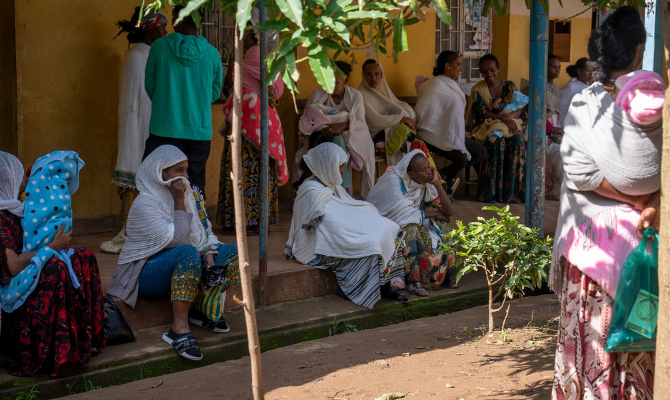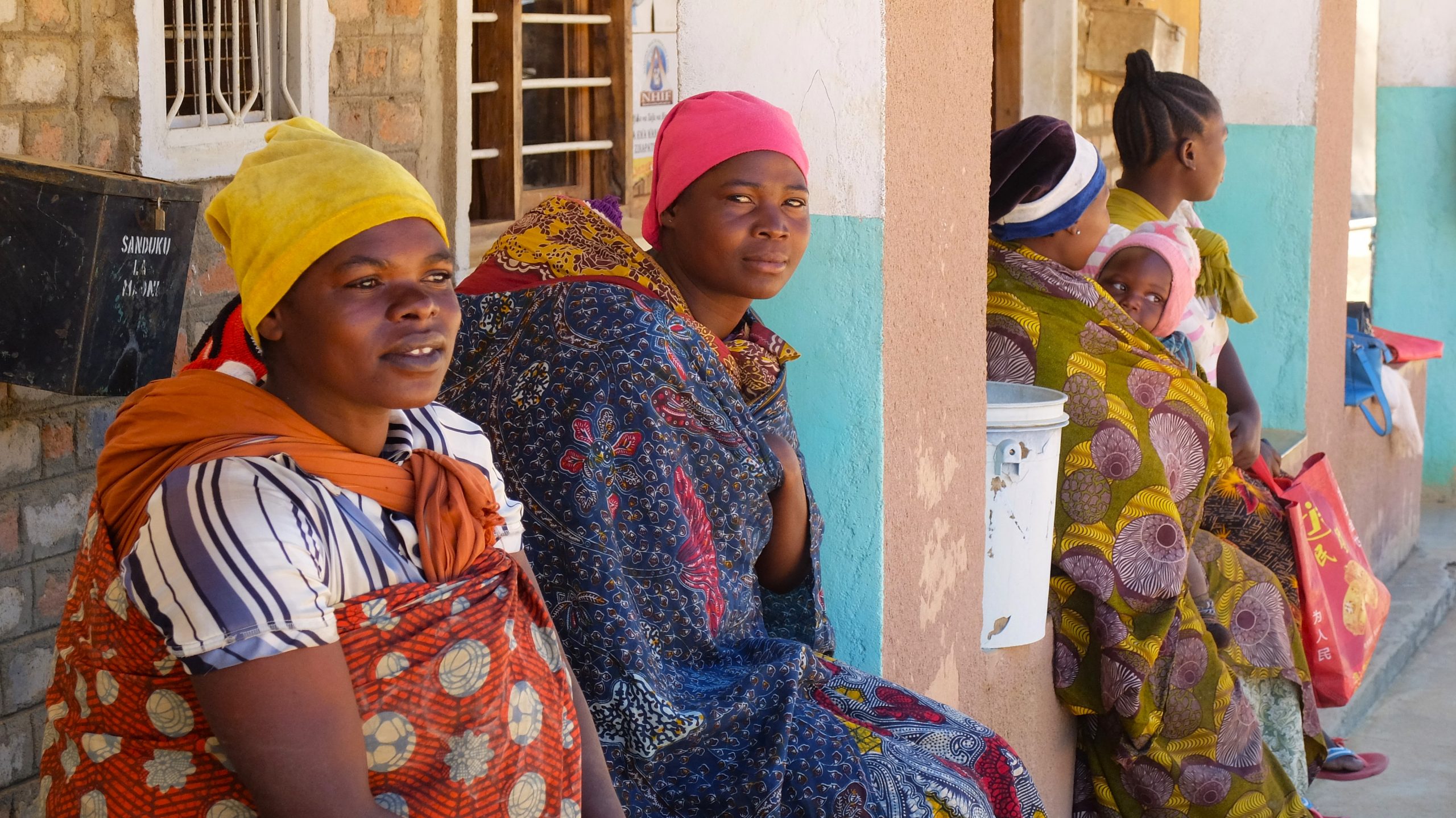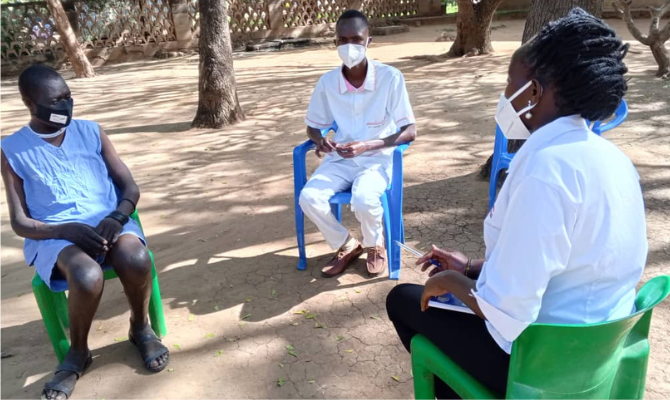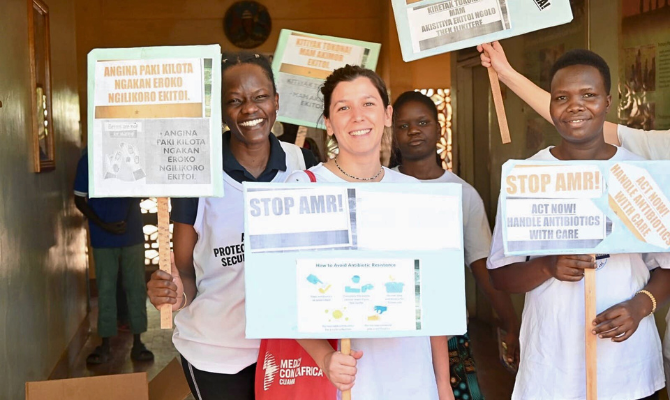Displaced and host communities, affected by conflict and natural disasters in the Tigray region, Ethiopia. They are at the heart of an intervention that, starting from May 2024, has involved the Shire Indasilasse district, in northwestern Tigray. It is the project “Restoration of essential health, nutrition and food assistance services in Shire in Tigray”, funded by the Italian Cooperation, which Doctors with Africa CUAMM implements together with Vis and which is moving towards its conclusion. Six are the healthcare facilities involved, specifically the Suhul General Hospital in Shire, the Indagabuna Primary Hospital, and four area health centers (Five Angels, Umer Health, Alganesh, St. Agustina).
From May 2024 to August 2025, 31,105 people had access to essential health and nutritional services, including mental health support. 9,657 births were assisted by qualified personnel, with an average of 805 per month; 4,920 children under 5 years of age accessed and received support during treatment for acute, moderate, and severe malnutrition.
Specific attention was also dedicated to women and adolescents who, particularly in very fragile and unstable contexts like Tigray, are exposed to double vulnerability both due to pre-existing inequalities and because they are more subject to gender-based violence, lack of access to education, and economic difficulties. Therefore, the intervention promoted awareness regarding and improvement of sexual and reproductive health services, the creation and strengthening of prevention and response systems to gender-based violence and sexual abuse and exploitation (PSEAH) and comprehensive and gender-sensitive mental health services (MHPSS). 2,084 women, adolescents, and young mothers accessed sexual and reproductive health services at Suhul Hospital; 600, of whom 102 were under 18 years of age, received menstrual hygiene kits; 1,216, women aged between 15 and 49 who had experienced gender-based violence, received dedicated services in healthcare facilities.
The quality of care cannot disregard the training of skills and the capacity building of local personnel. Therefore, through the project, 207 operators were trained in various areas: basic emergency obstetric and neonatal care, public health emergency management, gender-based violence case management, health information management system, and integrated logistical system for pharmaceutical products. The involvement of community health workers, the Health Extension Workers (HEWs), and village leaders, essential for bringing services closer to communities, was also promoted and consolidated.
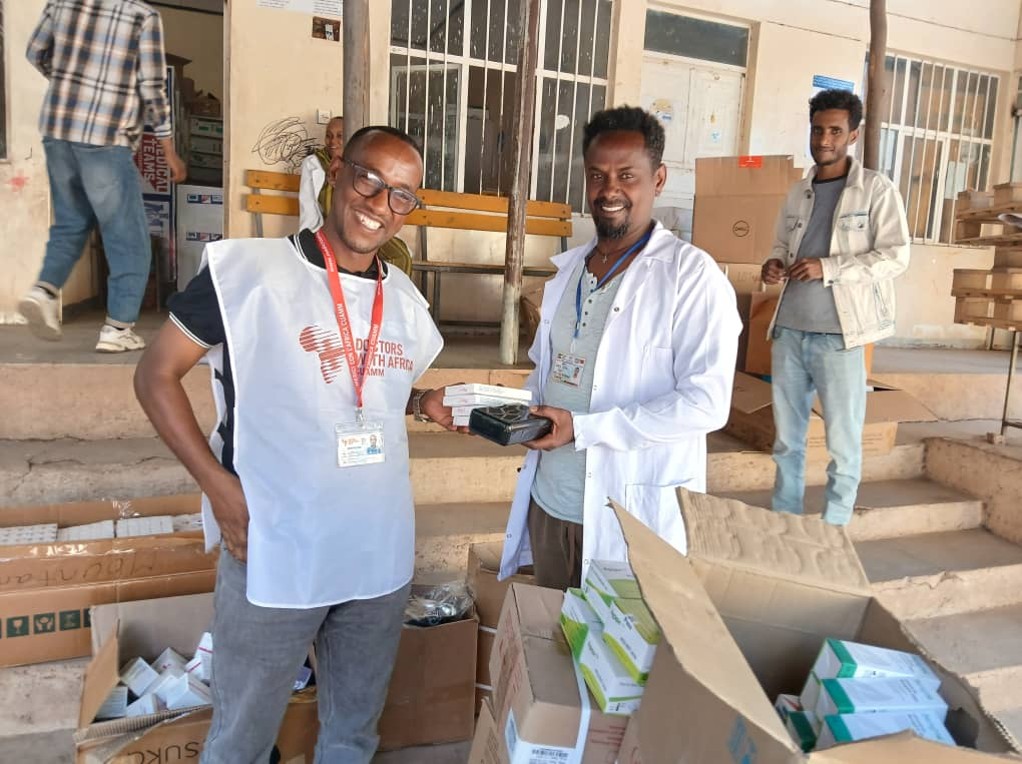
With the aim of comprehensively strengthening the health system and providing support to local authorities, investment was made in enhancing emergency services, with a focus on obstetric, pediatric, and neonatal emergencies. At the same time, awareness campaigns on blood donation were promoted with the aim of ensuring the full operation and functionality of the Blood Bank of Axum and Suhul hospital.
Finally, the intervention focused on the restoration and improvement of the accessibility, functionality, and quality of healthcare facilities, as well as the strengthening of the water, hygiene, and sanitation (WASH) system and the waste disposal system. In particular at Suhul Hospital, infrastructural improvements were introduced aimed at creating a more inclusive, welcoming, and efficient environment for patients and personnel. The aim is to ensure the continuous availability of essential resources, such as medicines, equipment and consumables, promoting a sustainable maintenance and management system, and fuel for the electricity generator.
An intervention that is nearing its conclusion but whose results and progress aim to be further consolidated with the new project just started, also supported by the Italian Cooperation: “REACT: Integrated Humanitarian Response to the Tigray Crisis”. Because where the need for support continues to be present, Doctors with Africa CUAMM remains.

